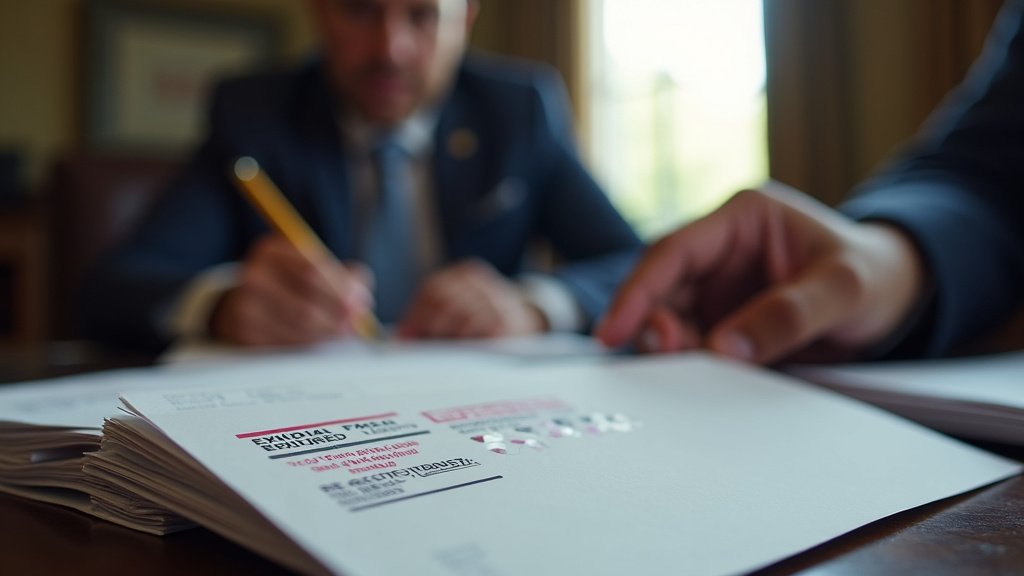Florida Enacts Strict Ban on Public Funding for Hate Speech and Boycotts
Tallahassee, Florida – Governor Ron DeSantis has signed into law new legislation in Florida that explicitly prohibits the allocation of taxpayer funds to organizations deemed to promote hate speech or engage in boycotts against the state of Israel. The measure, enacted last week, represents a significant expansion of Florida’s existing legal framework targeting the Boycott, Divestment, and Sanctions (BDS) movement, extending its reach into academic spheres and cultural funding.
The legislation, formally known as House Bill 1519 in the House and Senate Bill 1678 in the Senate, was championed by Senator Tom Leek (R-Ormond Beach) and Representative Hillary Cassel (R-Fort Lauderdale). Its core objective is to ensure that public money, derived from Florida taxpayers, is not directed towards individuals or groups that participate in efforts to boycott Israel.
Defining Prohibited Conduct: Hate Speech and BDS
The new law broadly defines the types of activities that would disqualify an organization from receiving public funding. Central to the prohibition is the promotion of hate speech, a category that the legislation specifically includes antisemitism within. This comes amidst a documented surge in antisemitic incidents globally and within the United States, particularly in the period following the October 7 attacks against Israelis.
Beyond hate speech, the law also targets organizations engaged in the BDS movement. Florida has had an anti-BDS law in place, primarily focusing on state contracting and investment policies. However, this new legislation significantly strengthens and expands that framework.
One of the key expansions is the inclusion of academic boycotts. Previously, the focus was largely on economic boycotts. The new law makes it clear that participating in or promoting boycotts within educational or research contexts, if targeting Israel, will also lead to the cessation of public funding.
Furthermore, the law mandates divestment from entities found to be engaged in such boycotts. This requirement compels state agencies and potentially other publicly funded institutions to review their investments and relationships, ensuring they are not indirectly supporting organizations involved in the BDS movement.
Consequences for Non-Compliance: A Decade-Long Impact
The penalties for institutions that fail to comply with the new regulations are substantial. Under the terms of the law, organizations or institutions that continue to allow or promote activities defined as hate speech or boycotts against Israel could have their public funding rescinded. The period of disqualification is severe, potentially lasting for up to 10 years.
This long-term denial of funds is intended to act as a powerful deterrent, encouraging widespread adherence to the law’s provisions across all sectors that rely on state or local government funding, including arts organizations, educational bodies, and cultural institutions.
Context: Rising Antisemitism Following October 7
The legislative push for this law occurred against a backdrop of escalating concerns over antisemitism. Since the October 7 attacks against Israelis by Hamas, reports of antisemitic incidents, including verbal harassment, vandalism, and physical assaults, have seen a marked increase in many parts of the world, including the United States.
Supporters of the law argue that this environment necessitates stronger measures to combat not only direct acts of hate but also movements like BDS, which they contend often employ antisemitic tropes and seek the delegitimization and isolation of the state of Israel.
Senator Leek and Representative Cassel have both emphasized that the legislation is a necessary step to ensure that taxpayer dollars are not inadvertently used to support activities that undermine social cohesion or promote discrimination against any group, specifically highlighting the Jewish community.
Implications for Arts and Culture
While the law applies broadly to all recipients of public funding, its potential impact on arts and cultural organizations has been a subject of discussion. These entities often rely on a mix of public grants and private donations. The inclusion of ‘promoting hate speech’ within the prohibited activities raises questions about how expressions deemed controversial but protected under free speech principles might be interpreted under the law’s provisions.
However, the law’s specific targeting of antisemitism and the BDS movement provides a more defined scope. Organizations involved in activities directly promoting boycotts of Israel or espousing antisemitic views would be the primary targets, according to the bill’s proponents.
The ten-year funding ban is a significant threat to the operational viability of many non-profit arts and cultural groups, potentially forcing them to carefully vet their affiliations, programming, and the public statements of their leadership and funded participants to ensure compliance.
Academic Freedom and Boycotts
The extension of the anti-BDS law to academic boycotts introduces complex considerations for universities and colleges that receive public funds. Academic institutions are traditional bastions of free inquiry and debate, including discussions about international politics and human rights.
An academic boycott can take various forms, such as refusing to collaborate with Israeli universities, scholars, or institutions. The new law suggests that institutions permitting or participating in such boycotts could jeopardize their state funding.
Critics of such laws often raise concerns about potential infringements on academic freedom and the right to protest. However, supporters argue that academic boycotts of Israel specifically cross a line into discriminatory behavior and political warfare that should not be subsidized by the state.
The law places the onus on academic institutions to demonstrate compliance and potentially review relationships or affiliations that might fall under the expanded definition of prohibited activity.
Enforcement and Oversight
The mechanisms for enforcing this new law will likely involve state agencies responsible for distributing public funds. These agencies will be tasked with developing guidelines and procedures for reviewing funding applications and monitoring compliance among recipient organizations.
The process for determining whether an organization is promoting hate speech or engaging in prohibited boycotts will be critical. The legislation is expected to lead to increased scrutiny of organizations’ missions, activities, and potentially the views expressed by their leadership or members in publicly funded contexts.
The long-term nature of the funding ban means that once a determination of non-compliance is made, the consequences will be felt for a considerable period, underscoring the seriousness with which the state views the prohibited conduct.
Conclusion
Florida’s new law represents a forceful legislative response to concerns about hate speech, particularly antisemitism, and the BDS movement targeting Israel. By expanding the scope of prohibited activities to include academic boycotts and mandating divestment, and by imposing severe, long-term financial penalties, the state government under Governor DeSantis aims to leverage its funding power to shape the landscape of public discourse and activism within its borders.
While proponents hail it as a necessary safeguard against discrimination and political targeting, the law is likely to be watched closely for its implementation and potential impacts on free expression and academic freedom within the state’s publicly funded sectors.





